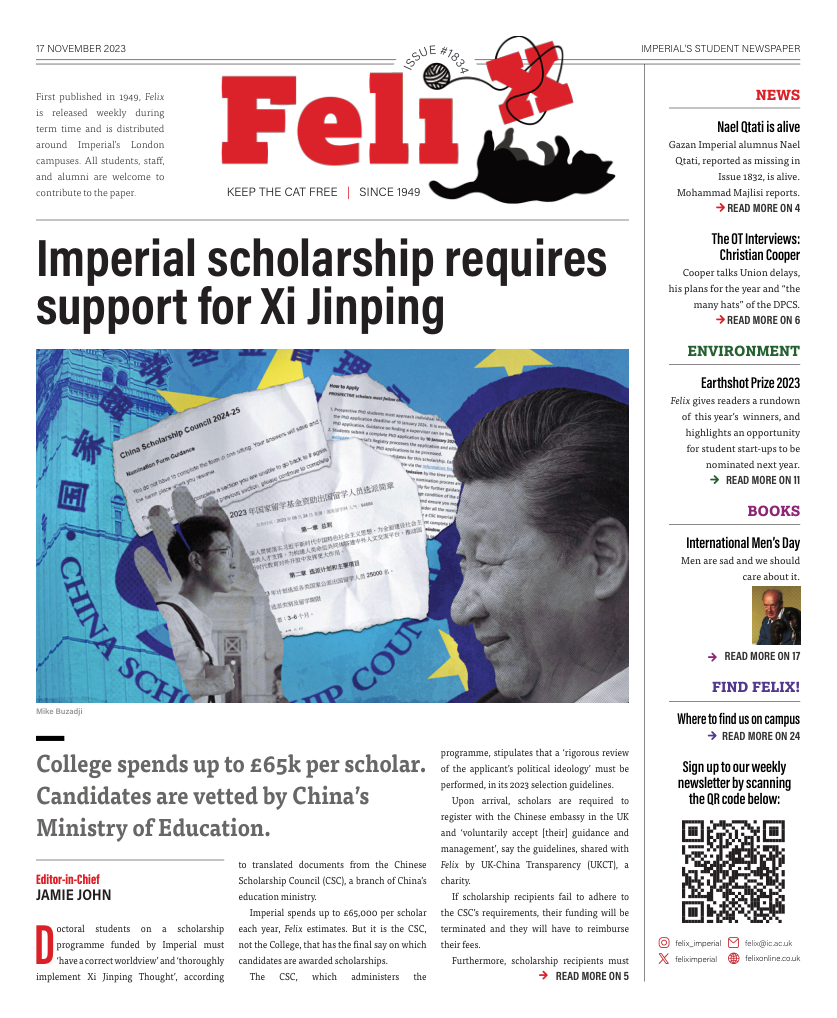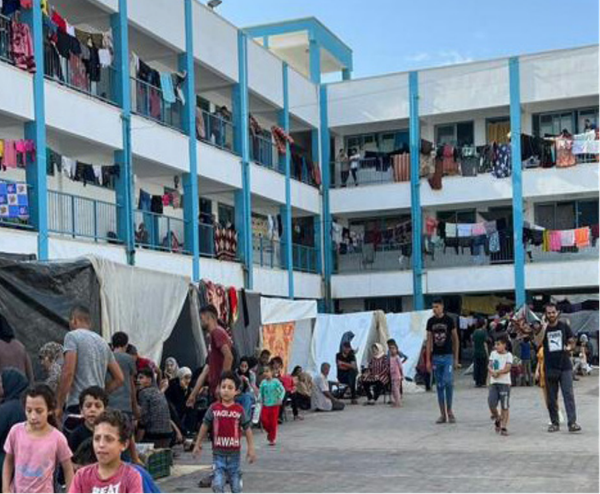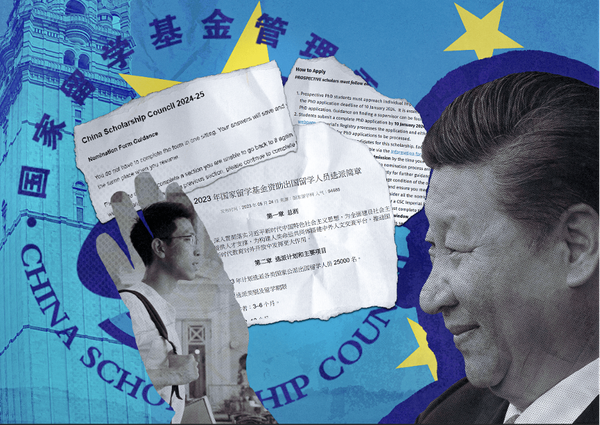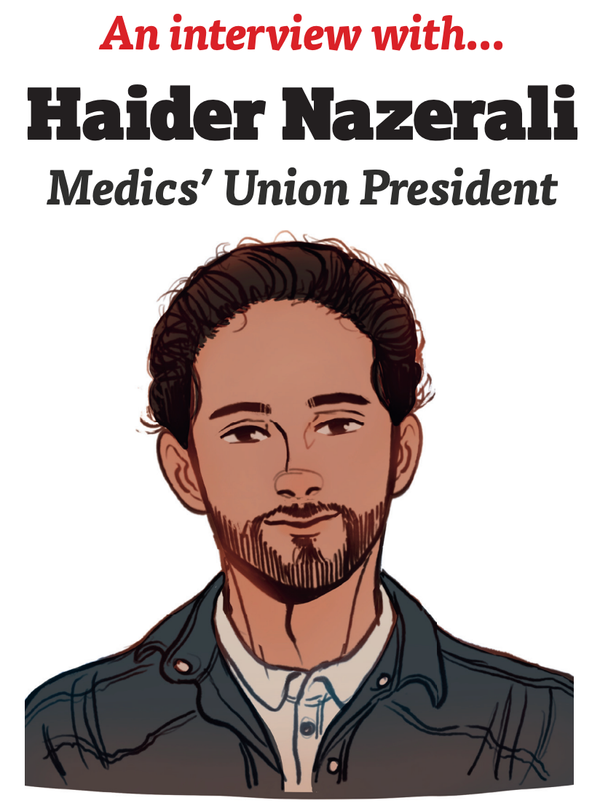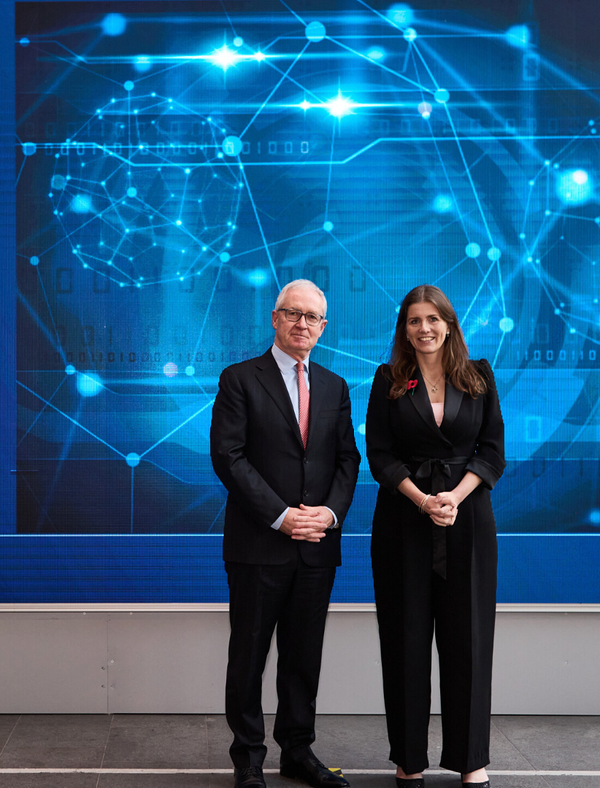The OT Interviews Christian Cooper Deputy President (Clubs and Societies)
In this series, Felix talks to the Union’s Officer Trustees. This week: Christian Cooper, DPCS.
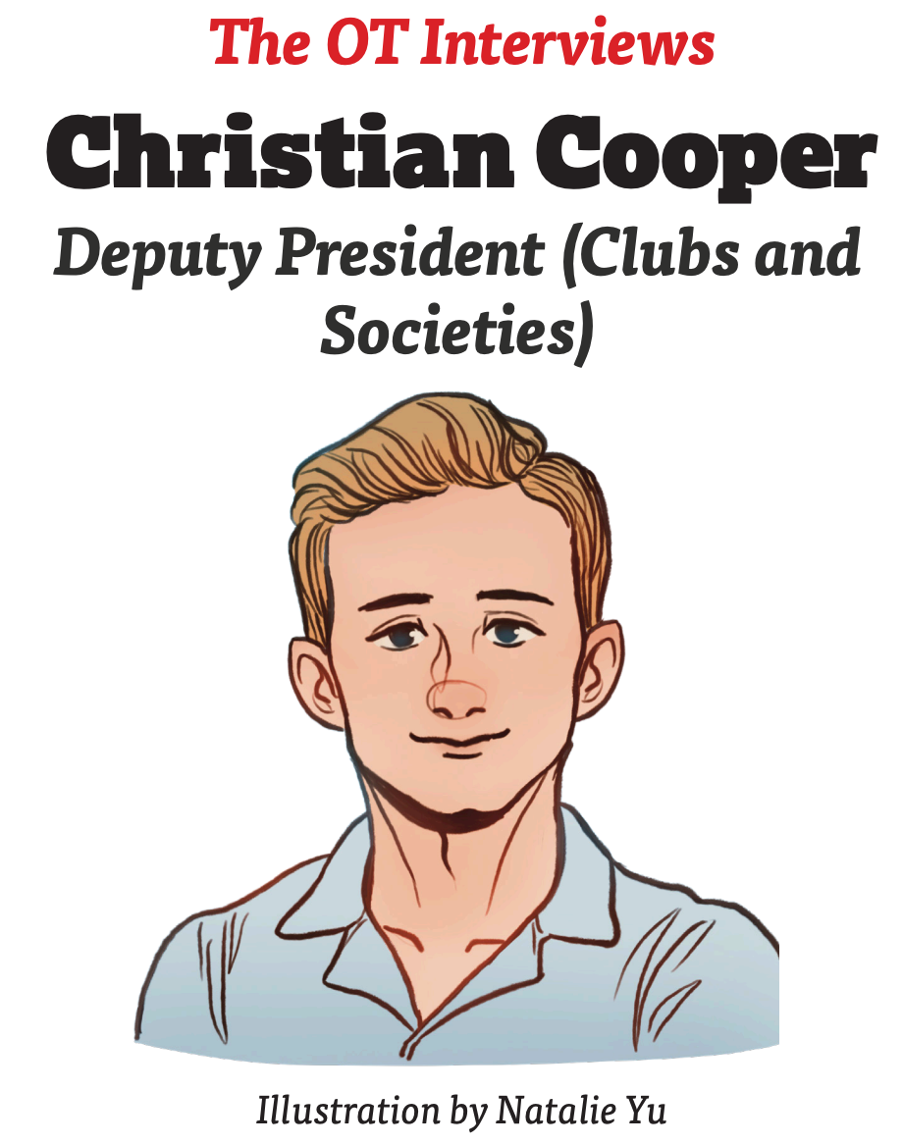
Of all the Officer Trustees (OTs) this year, Christian Cooper stands out for his depth of his résumé. Before becoming Deputy President (Clubs & Societies), he held the roles of Sports Sector Chair, and Sports Sector Treasurer, giving him a wealth of experiences to draw upon.
Cooper says his experiences in the Union shaped his time at Imperial profoundly. He is studying for a degree in Mechanical Engineering – a choice he made “mainly because I had an interest in Maths and Physics and wanted to do something that would apply those.”
But now, in large part due to his roles at Imperial College Union (ICU), he says he would like to pursue a career in “charity, representation or law, or something similar”.
He remembers the moment it was first put to him that he might be a fit for the DPCS role. “I was sitting in this exact room actually, in March 2022.” [Cooper and I are in a meeting room in the Union Building].
“We were budgeting for sports clubs and the then-DPCS India [Marsden] was joking with me. She said, ‘You’ll be doing my job in a couple of years’ time.’ And look at me now!”
Cooper had his first introduction to the Union as part of Hockey Club. “I knew I wanted to play hockey when I joined Imperial – I played at school, and for a club in Newcastle, where I’m from, as well.”
“So I decided to join Imperial College Hockey Club. I didn’t know that it was affiliated with the Union. To be honest, I didn’t really know what unions were, and my first proper experience of the Union was a social after a hockey match.”
“At the time, a couple of people on my team were volunteers with the Union, so they were the ones who explained what it was.”
“I was just one of the lucky ones,” admits Cooper, acknowledging that the Union could do more to explain its function. “Many students don’t quite understand and think clubs and societies are run by the College.”
In 2021/22 he ran for a role on the Sports Sector Management Group.
The Union’s Management Groups are run by student volunteers, and act as an intermediary between the clubs, societies and projects (CSPs) within their sector, and the Union’s more senior leadership. They provide a first line of support and assist with basic governance and finance, escalating larger student concerns to the Union’s permanent staff or the relevant OTs.
Seeing that the Treasurer position was unfilled, Cooper decided to run, and won.
“It’s not the most glamorous thing in the world. There’s a lot of day-to-day stuff like approving financial requests, but the big thing that kept me doing it was seeing that I actually had an impact.”
He relates the story of his first big success in the role. “I joined the sports exec near the end of Covid in 2021. And the social nights, the ACCs [monthly sports nights arranged by the Sports Sector Management Group] were completely gone – they hadn’t run for two years.”
“So myself and the rest of the exec team put so much effort into the first Halloween sports night. And it was a huge success. They’ve just built upon it since then, and it’s become really good again.”
Then in January 2022, Cooper became acting Sports Sector Chair due to “unforeseen circumstances”.
“I was singlehandedly doing the Sports Treasurer and Sports Chair roles. The next academic year we managed to fill the whole executive, which was good, and I was formally elected to Sports Chair.”
From here, the DPCS role was a natural transition. “Over the past year (2022/23), I got a lot more involved in the representation side of things, and started to consider it much more seriously. To the point where I was seeing Dylan [DPCS 2022/23] quite regularly, seeing the work he was doing and imagining myself doing that.”
“Working with Dylan was the moment where I thought, ‘Oh, I could really do this.’”
“As much as the Sports Chair role is rewarding, you do feel like you can’t dedicate enough time to it – any student in a volunteering role will tell you the same.”
“I wanted to have a bigger impact and had loads of ideas about how I wanted to change things from my previous experience.”
Cooper says he works a lot with DPFS Stephanie Yeung on a day-to-day basis. “Our roles are intrinsically intertwined – societies make up a huge portion of the Union’s finances, and Stephanie oversees our finances.
“We often talk about the many hats,” he says when I ask him about the responsibilities of his role. “The hat that never comes off is my job as a trustee of Imperial College Union. What this means is that above all else, I have to make sure we’re sticking to our charitable objectives and that we’re running effectively and responsibly.”
“But then in my elected role – the ‘officer’ part of ‘officer trustee’, my main responsibilities are to act as a representative, to ensure that I’m listening to students and actually actioning their feedback – not just doing my own projects, which is the third hat.”
“I’m confident that my own personal advocacy projects are well-received by students, but I’ve got to be cognisant of the fact that I’m not currently a student, so I do need to wear my rep hat and talk to students.”
Cooper says his biggest responsibility is chairing Clubs, Societies and Projects (CSPs) Board, a subcommittee which overseas all clubs and societies. The board is attended by senior student volunteers – from Management Groups and Constituent Unions. It overseas all CSPs and has a number of other responsibilities, including policy development and fund allocation.
Delays
One of students’ main complaints this year is the slowness of the Union to approve administrative forms. It affected societies at the beginning of term in the leadup to Welcome Week, and issues such as room booking mix-ups and delays to risk assessment approvals continue.
“First, I think it’s really important to make clear that the Activities team [Union permanent staff] knows this is an issue and that they’re working the hardest I’ve ever seen,” says Christian when I put the problems to him.
“We want students to be able to do as many activities as possible – and what we’ve seen is that they do too.”
“Especially this year, we’ve seen a huge influx of events and activities that students want to do, and it’s just been impossible to keep up.”
“My message to those groups is that we are trying hard to fix this.”
Ultimately, says Cooper, the problem is one of capacity. The Union has insufficient permanent staff members to process the admin, leading to a backlog.
“Our team is working very fast, but it’s just inundated. There are three permanent staff who work specifically on events and activities, and there were 500 proposals in October. Those staff have to deal with lots of external speakers that have to be approved by the College as well as everything else, and comply with College regulations and timelines.”
Cooper says that the Union is updating its strategy this year, moving forward from its previous five-year ‘Back to Basics’ strategy. He hopes that Imperial will increase its block grant as a result, providing more money to recruit more admin staff.
“We’re looking at being a high-performing union, and with that comes an ask for more funding and support.”
He also says the Union’s commercial services (bars and venues) are “getting better and better”, and that this will increase income.
Cooper’s goals
Cooper is clearly ambitious; he describes a number of goals for the year, some of which fall outside of what is stated on his Union webpage.
One of his most wide-reaching goals is to improve support for CSP members. The Union is introducing a host of new workshops this year, and has already run successful committee and welfare workshops training sessions.
Furthermore, Cooper says that online training courses will be moved to a new digital platform, which will also allow students to report their concerns directly to staff.
He says he wants the Union to be more transparent, and to that end, meets regularly with students to “lay all the cards on the table”
He also wants to try and make voluntary roles more “relevant”, and to recognise contributions with a new reward system.
“We want to create a volunteering experience that allows people personally develop, and not just be sitting on a finance system approving claims, for example.”
He talks passionately of a plan to diversify the committees of student societies. “I was pulling some data last week, and compared to the overall student demographic, clubs and societies are more populated by home students and undergraduates”
For Cooper, the diversification plan goes beyond his own role. By diversifying committees, he feels he can empower underrepresented groups to shape societies to their represent their own interests, thereby improving the overall Imperial student experience.
He is clearly driven to make his mark, talking in great depth about the Union’s sustainability policy, projects he is running with Move Imperial, plans to reduce barriers to participation, and more.
Unfortunately, we do not have the space to discuss them all in this piece, and so Felix refers readers to Cooper’s blog posts on the ICU website, where he will be sharing all his work throughout the year.
Cooper feels that the cost-of-living crisis is the biggest challenge facing the Union, in relation to his own role.
“Students can’t afford to spend as much money, and running activities is more expensive than ever. So for clubs and societies, and the Union as a whole, it’s going to be a really big challenge to see how we can save money, and how we can use what we have more effectively.”
He says the best way to get involved in the Union is “to go on our website and find a few things you really like. Just try them out, and when you do join a club, talk to people on committee, and say, why have you chosen do to this role? What made you want to, and what did you get out of it?”
“You’ll probably find there are a few positions you’re intrigued by. And then, just run for them.”

